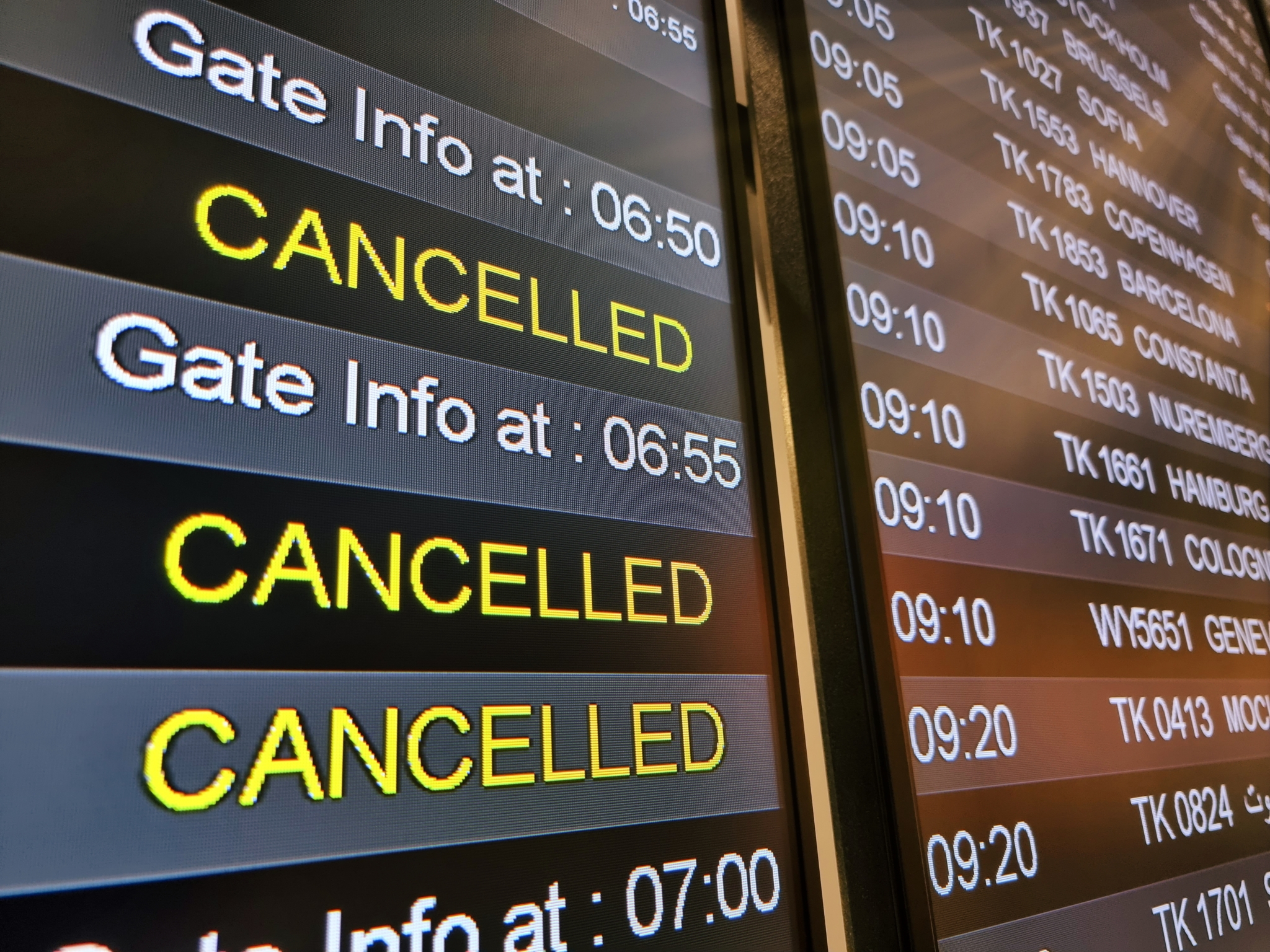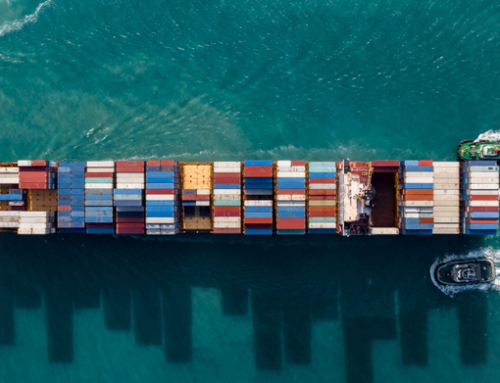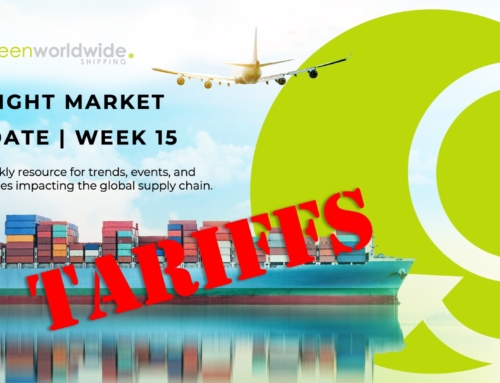AVIATION SECURITY WORKERS STRIKE AT 13 GERMAN AIRPORTS
A nationwide labor strike organized by Germany’s Verdi union has brought operations to a near standstill at 13 major airports, including Frankfurt, Munich, and Hamburg. The 24-hour walkout, which began on Monday, March 10, 2025, has led to the cancellation of more than 1,000 flights in Frankfurt, with widespread disruptions to both passenger and cargo services across the country. The strike compounds existing congestion issues in Europe’s supply network, due to recent port worker strikes in Rotterdam and France.
GERMAN AIR SECURITY LABOR COLLECTIVE BARGAINING FALTERS
The walkout affects security personnel responsible for passenger screening, baggage checks, and cargo handling. Verdi, which represents approximately 25,000 aviation security workers, has been in negotiations with the Federal Association of Aviation Security Companies (BDLS) over working conditions. Key demands include improved occupational health and safety measures, 30 days of annual leave, increased bonuses, and changes to mandatory medical examinations. The union argues that these improvements are necessary due to the physical and mental demands of the job.
“With their warning strikes on Monday, the employees will show that they are serious about improving their working conditions.”
Wolfgang Pieper, Negotiator | Verdi
Previous negotiations failed to yield agreements on critical issues such as vacation entitlements, medical assessments, and overtime pay.
FLIGHT DISRUPTIONS IMPACT AIR CARGO OPERATIONS
While the strike primarily impacts passenger flights, cargo movements have also been significantly disrupted. Freight hubs such as Frankfurt and Leipzig/Halle—key transit points for air cargo in Europe—are experiencing shipment delays, with major airlines warning of widespread operational disruptions leading to delay and flight cancellations across their networks.
DING SUPPLY CHAIN PRESSURES AFTER PORT STRIKES
The Verdi-led airport strikes follow weeks of labor unrest at key European ports. Beginning in February, Rotterdam dockworkers at the Delta II terminal began staging intermittent work stoppages, while French dockworkers organized rolling strikes that continue to disrupt port operations. These labor actions created vessel backlogs and congestion, forcing carriers to divert shipments to alternate ports such as Antwerp, where wait times for cargo handling have increased.
Industry analysts suggest that disruptions at German airports could have far-reaching implications for European supply chains, particularly for time-sensitive goods such as pharmaceuticals, high-tech components, and e-commerce shipments. The strike comes as logistics networks are already under pressure from recent labor unrest at major ocean ports.
NEGOTIATIONS CONTINUE AMID RISKS OF FUTURE STRIKES
While Verdi has stated that the current strike is limited to 24 hours, the union suggested that this “warning strike” may be the beginning of additional labor actions if negotiations remain stalled. The next round of talks with BDLS is scheduled for March 26–27, 2025. Meanwhile, ongoing disputes in other sectors—including public services—indicate the potential for continued industrial action across Germany.
Stay up-to-date on freight news with Green’s Weekly Freight Market Update by following us on LinkedIn. For continuous updates, make sure to check out our website at greenworldwide.com.






